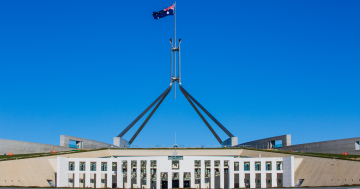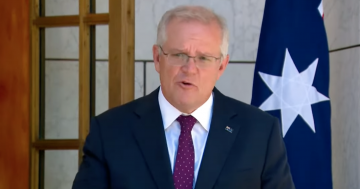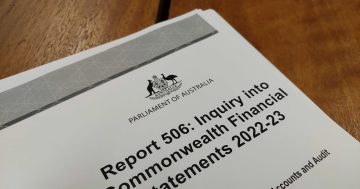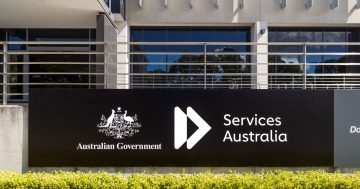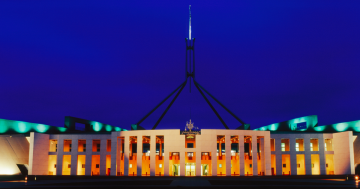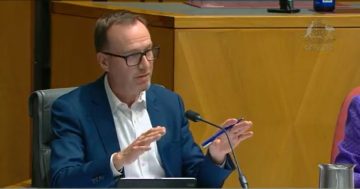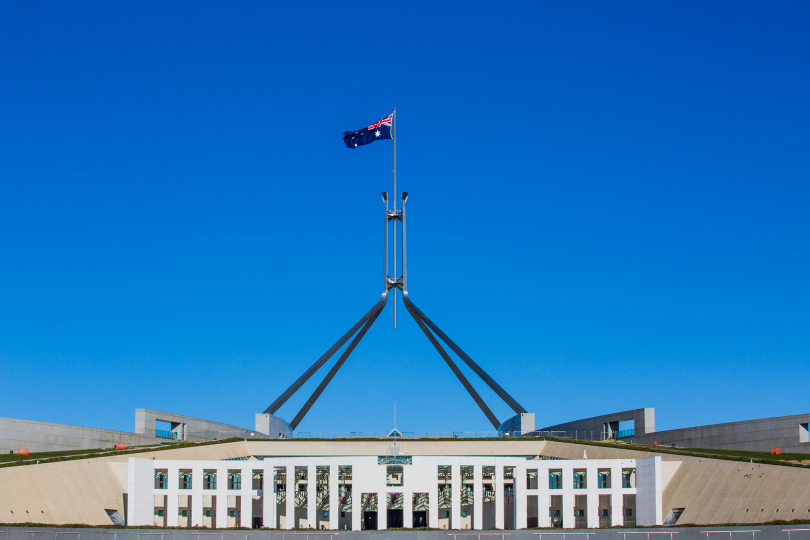
A joint committee of parliament will inquire into agency procurements. Photo: Jack Mohr.
Government agencies beware. The Federal Government has had enough of scathing audit reports exposing sloppy processes and flawed procurement practices.
Labor’s Julian Hill is heading a new parliamentary committee inquiring into the operation of departmental purchasing habits and the issues associated with outsourcing and contract tenders.
Mr Hill is chairing the newly established inquiry of the Joint Committee of Public Accounts and Audit after the government decided to act swiftly once the Auditor-General exposed a string of systemic problems across a number of departments.
Most notably, an audit of the Digital Transformation Agency’s ICT procurement practices raised the alarm significantly higher.
But several agencies are now nervous that the powerful committee is coming after them, the National Capital Authority and various Defence agencies among them.
“The Joint Committee of Public Accounts and Audit is conducting an inquiry into Commonwealth procurement, with a view to improving the culture of how procurement rules and guidelines are implemented across the Australian Public Service,” the committee’s terms of reference state.
The inquiry will have a particular focus on the matters contained in and associated with Auditor-General Reports:
- No. 6 (2021-22) Management of the Civil Maritime Surveillance Services Contract
- No. 15 (2021-22) Department of Defence’s Procurement of Six Evolved Cape Class Patrol Boats
- No. 30 (2021-22) Procurement of the National Capital Authority
- No. 42 (2021-22) Procurement of Delivery Partners for the Entrepreneurs’ Programme, and
- No. 5 (2022-23) Digital Transformation Agency’s Procurement of ICT Related Services.
Mr Hill said that in recent years the Australian National Audit Office had too often found that Commonwealth agencies have failed to follow both the letter and the spirit of the Commonwealth Procurement Rules.
He hopes the committee’s work will lead to greater transparency in government spending.
“There appears a concerning pattern of agencies cutting corners or interpreting the rules to suit themselves and make life easier for themselves, rather than apply the rules and let more people and firms bid for Commonwealth work,” he said upon his appointment.
“Maintaining efficient, effective, economical and ethical procurement practices will always be a challenge for governments, and the Committee hopes to identify how Commonwealth procurement practices can be improved to deliver better value for money for Australian taxpayers.”
Mr Hill has also, in his capacity as chair of the inquiry into the $7.1 billion Workforce Australia scheme, taken aim at employment services, saying current practices were disadvantageous to many job seekers.
He questioned the privatisation of the system, and said work-for-the-dole compliance was much like the do-or-die competitions of the TV show Squid Game.
Finance and Public Service Minister Katy Gallagher has again signalled that all agency spending and contracting have been reviewed in the lead-up to this month’s federal budget.
“The decisions we are taking in the budget … are the ones that are responsible, affordable, sustainable, targeted, and the right decisions for the economic circumstances that we currently face,” Senator Gallagher said.
“We’re dealing with all of those pressures front and centre now — including on the spending side where we have significant structural and persistent pressure on the budget in those areas like the NDIS, hospitals, aged care, defence and, increasingly as interest rates increase the servicing of our debt, which now exceeds I think it’s almost $18 billion a year and is currently bigger than what we spend on universities.
“So you can see some of the pressures that we’re trying to deal with that our predecessors left unresolved, and we’re trying to work through some of those challenges now.”












